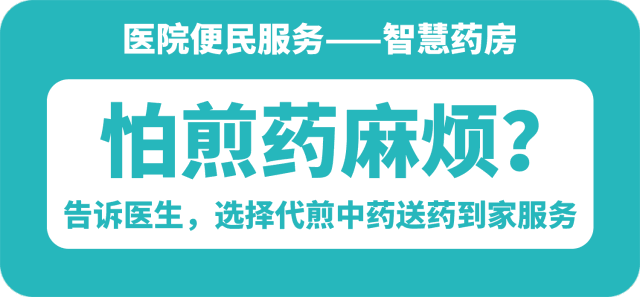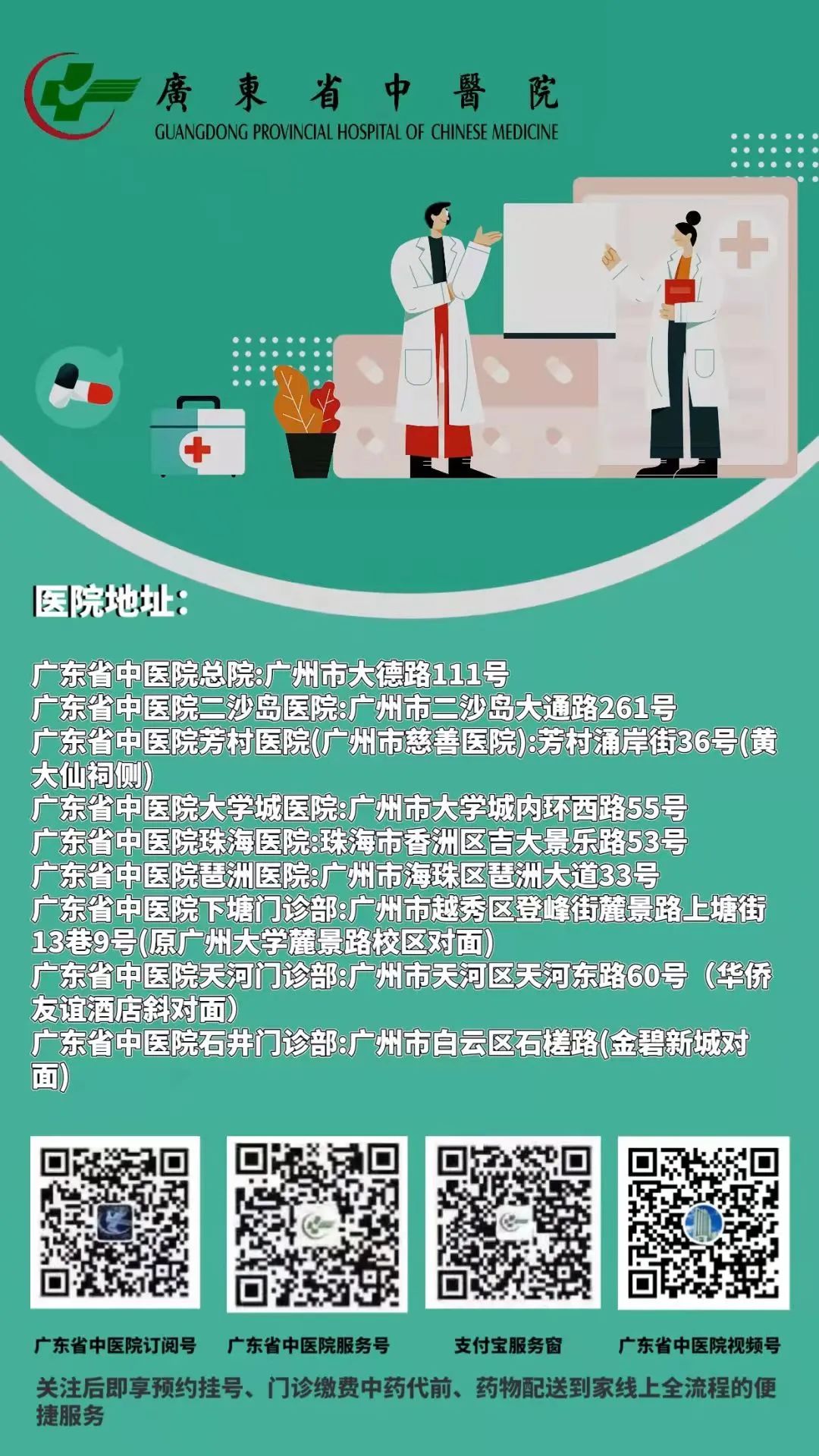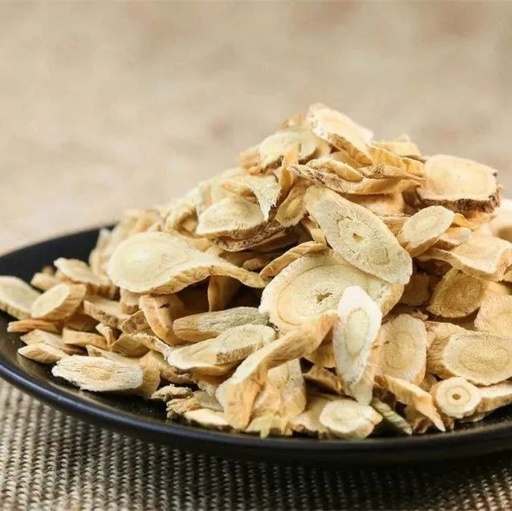
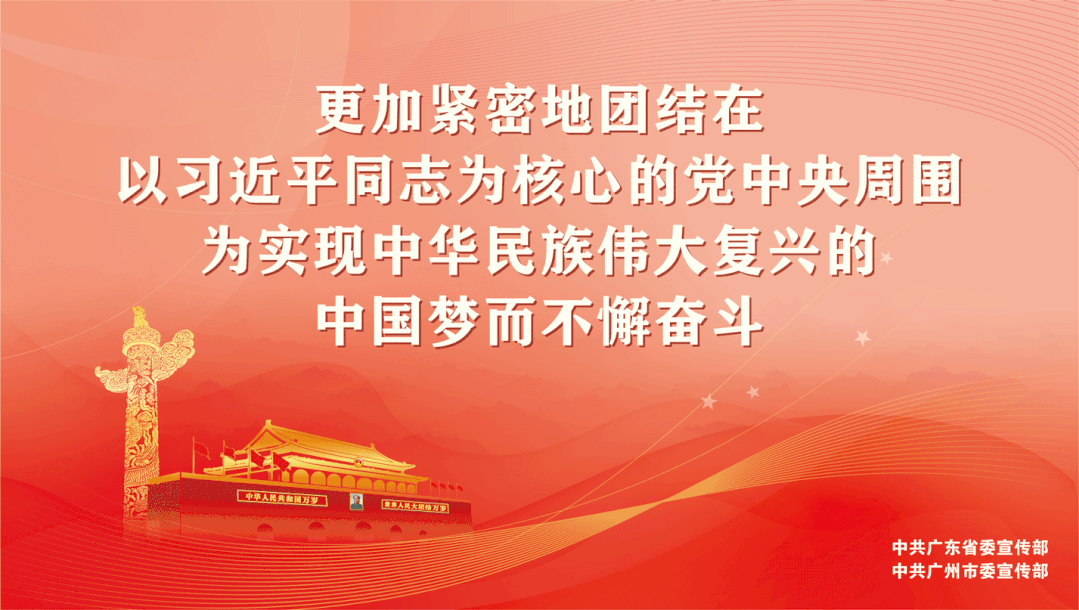
In Guangdong, the concept of food as medicine is prevalent, and a famous Cantonese dish is “Dang Shen (Codonopsis) and Huang Qi (Astragalus) Stewed Chicken Soup,” made with half a hen, Huang Qi, Dang Shen, red dates, longan, and ginger, simmered slowly over low heat. The key ingredient is “Huang Qi,” which has a moist, sweet flavor, making it particularly suitable for nourishing the body during the cold winter months.Huang Qi is widely used in Cantonese cuisine; besides “Dang Shen and Huang Qi Stewed Chicken Soup,” there are also “Bei Qi (North Astragalus) and Carp Soup,” “Dang Gui (Angelica) and Huang Qi Black Chicken Soup,” and “Huang Qi and Dang Gui Lamb Soup.” These traditional stews often use Huang Qi as a seasoning because of its ability to tonify Qi and strengthen the Wei Qi (defensive Qi), enhancing the body’s immunity, especially for those with deficiency.
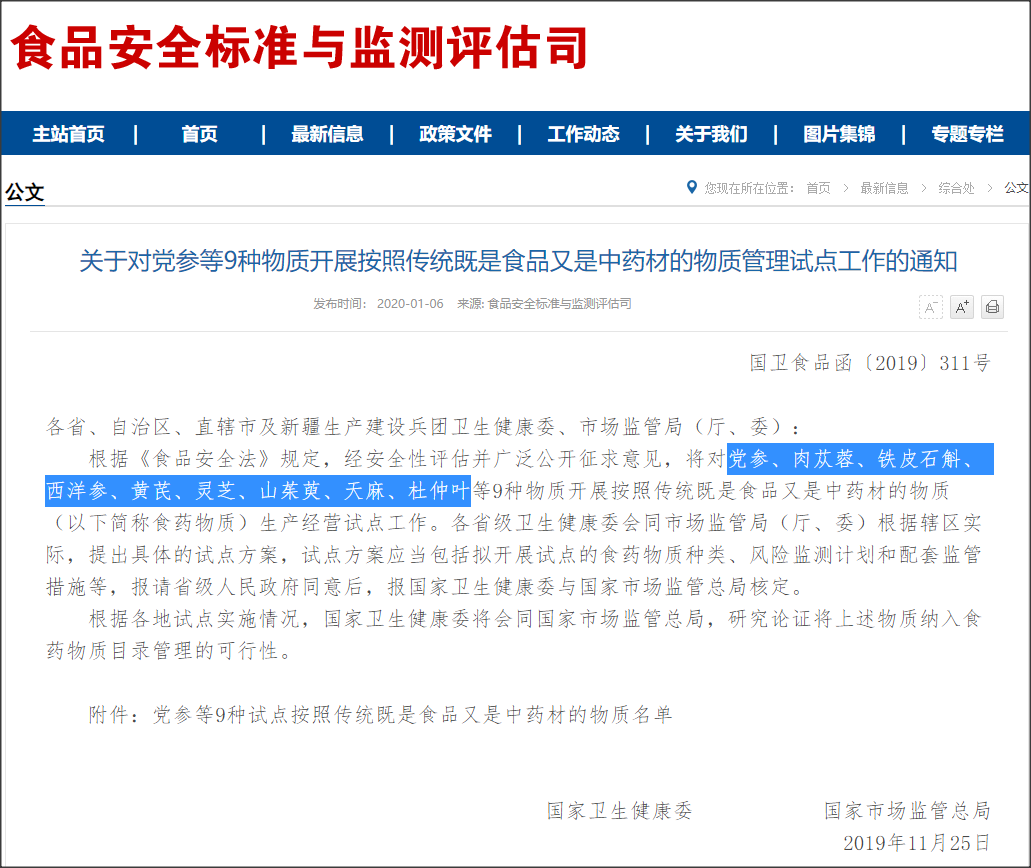
In 2019, the Food Safety Standards and Monitoring Assessment Department issued a pilot notification for the management of nine substances, including “Dang Shen and Huang Qi,” which are both food and medicinal materials. This initiative is based on the Food Safety Law, considering traditional dietary habits and the revisions of the Chinese Pharmacopoeia, while also taking into account local needs and relevant international management experiences, using principles and methods of food safety risk assessment.
Specifically, Huang Qi is described in the 2015 edition of the Chinese Pharmacopoeia as the dried root of the leguminous plants Membranous Milk Vetch (Huang Qi) and Mongolian Milk Vetch. Huang Qi has a history of being used as a food ingredient in Shanxi and Gansu provinces, primarily prepared in soups, stews, congee, steamed rice, incorporated into dishes, hot pot, and traditionally used for brewing liquor.
Not only do Cantonese chefs favor Huang Qi, but nephrologists also utilize it extensively. Since kidney diseases are often associated with deficiency, Huang Qi is considered a “superior tonic.” The Qi tonifying effects of Huang Qi are similar to those of Ren Shen (Ginseng). While Ren Shen provides a strong and immediate boost, akin to a sprinting champion, Huang Qi is milder and less intense, making it suitable for long-term use, like a marathon runner.
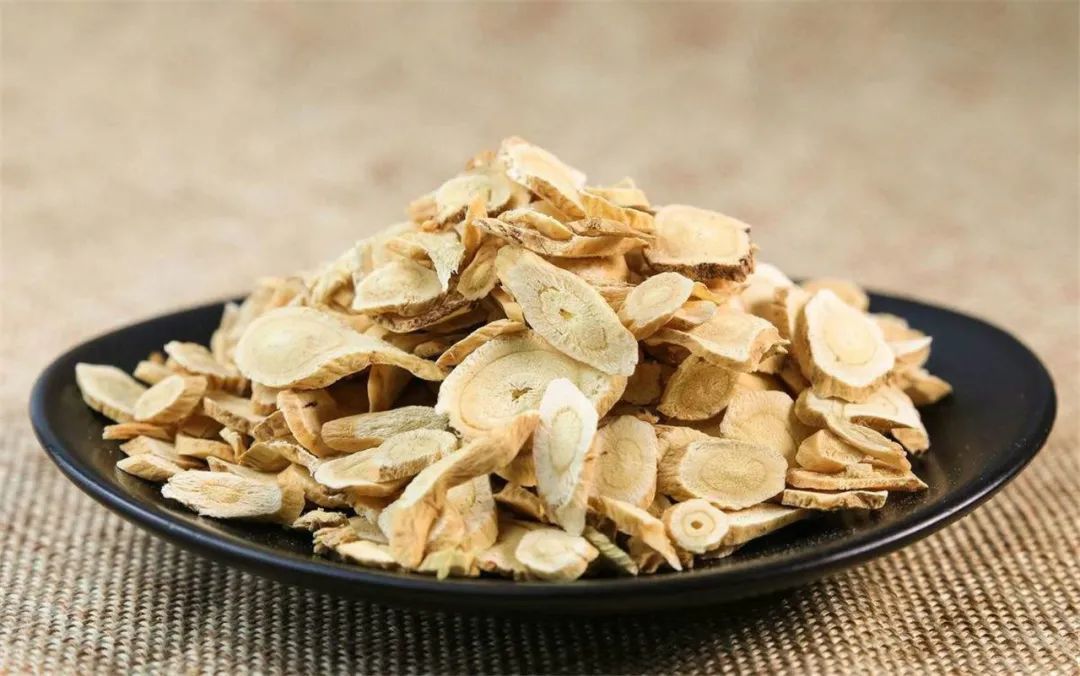
Huang Qi slices
In the treatment of membranous nephropathy, the nephrology team at University Town Hospital conducted a meta-analysis using Huang Qi as the main herb in a Chinese herbal formula combined with Western medicine. A total of 52 studies were included, involving 3534 patients with membranous nephropathy, with 1791 in the Chinese herbal formula combined with Western medicine group and 1743 in the Western medicine only group.
The results showed that the use of a Chinese herbal formula with Huang Qi significantly outperformed Western medicine alone in reducing urinary protein and improving remission rates, with total remission rates of 86.9% and 68.0%, respectively, and it also reduced the incidence of adverse reactions.
The efficacy of Huang Qi in treating membranous nephropathy is also supported by numerous experimental studies, as its main components possess strong anti-inflammatory and antioxidant properties, with Huang Qi saponins effectively alleviating kidney damage.
How much Huang Qi should be used clinically?Master of Traditional Chinese Medicine, Professor Zou Yanqin, commonly prescribes Huang Qi to tonify the Qi of the spleen and kidneys, with a typical dosage of over 30g, and sometimes up to 80g.Master Zhang Daning also believes that high doses of Huang Qi can tonify Qi and promote diuresis, improving urinary protein, advocating for larger dosages, even up to 120g.Professor Yang Nizhi, a renowned physician in Guangdong, has developed an in-hospital preparation called “San Qi Oral Liquid” using Huang Qi and San Qi (Notoginseng) for treating nephritis and kidney diseases, with a simplified and lighter multi-drug approach.It is evident that the specific dosage of Huang Qi varies between regions and individuals, and should be tailored to the person and the locality.
However, it is important to note that Huang Qi is not suitable for everyone.For instance, it should not be used during colds, external heat, heavy dampness, thick and turbid tongue coating, or during menstruation.
It is also emphasized that patients with chronic kidney failure should avoid consuming traditional stews, but can use Huang Qi in congee.

Contributed by: University Town Hospital Nephrology DepartmentEdited by: Zeng MengyunReviewed by: Zhuang YinggeEditor: Song Liping